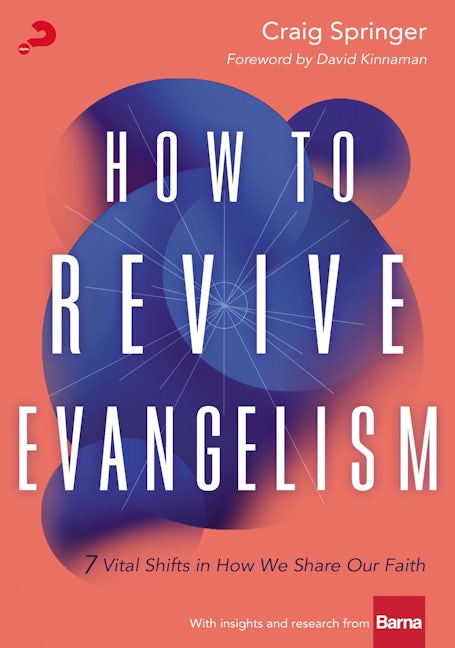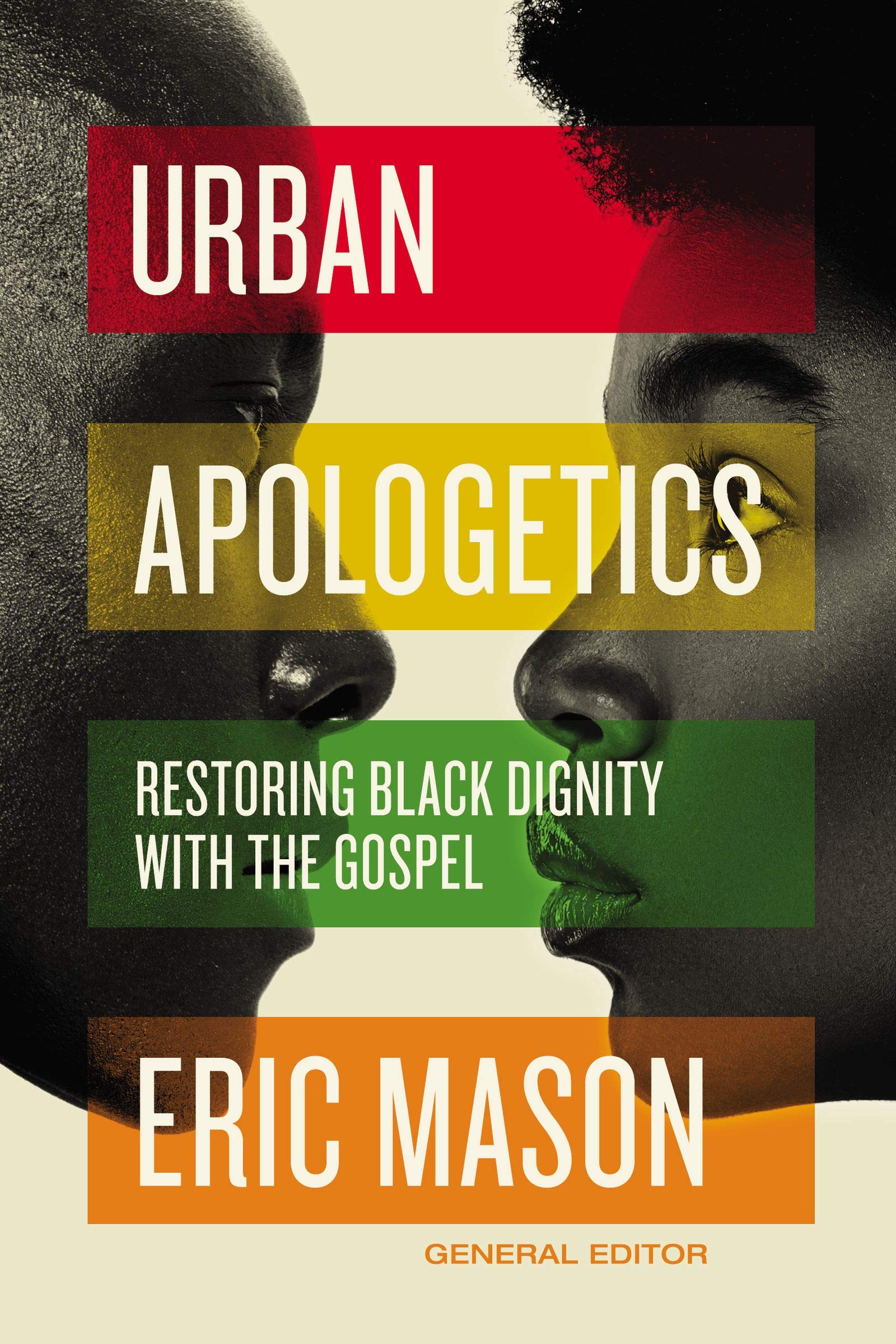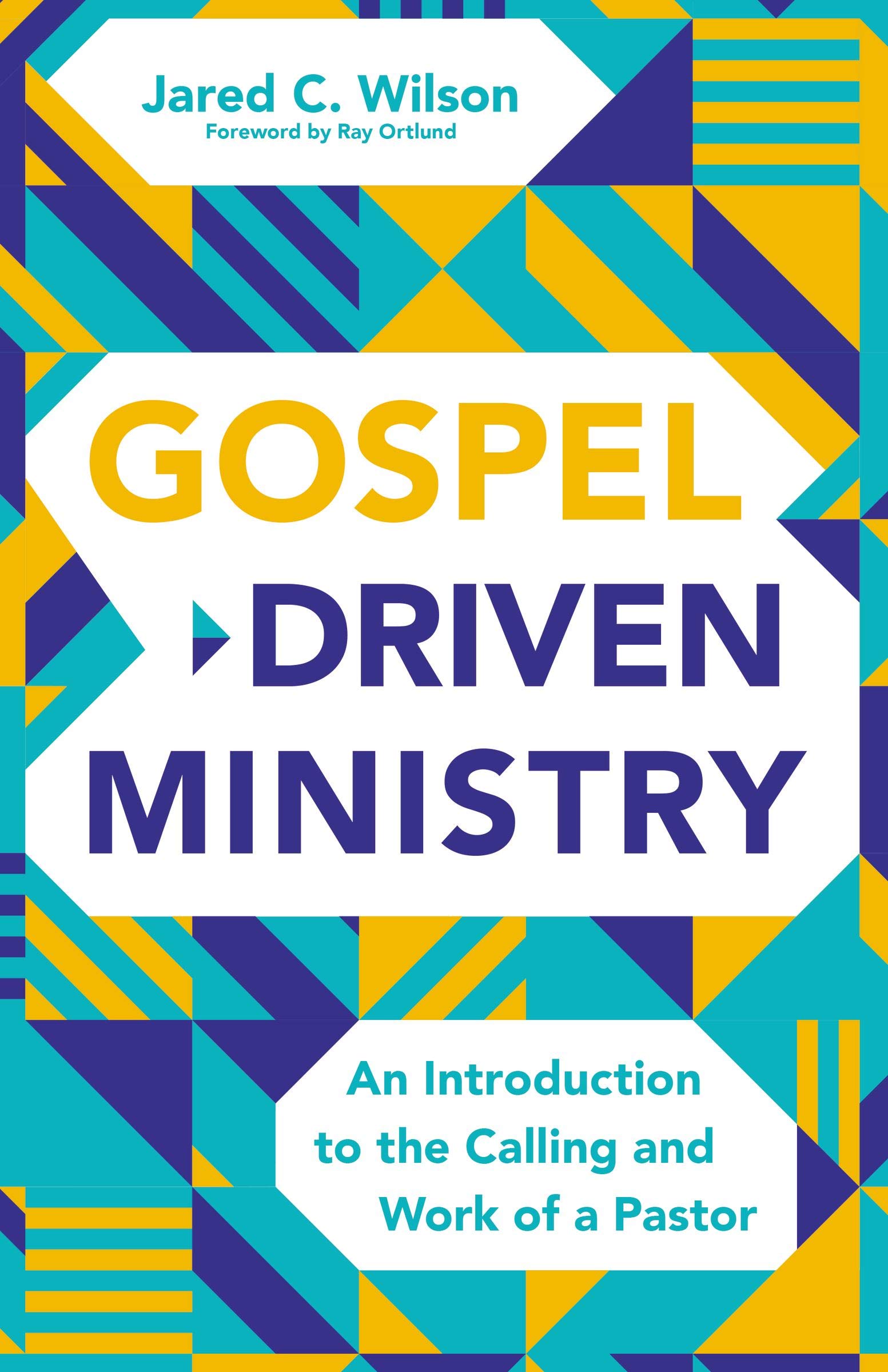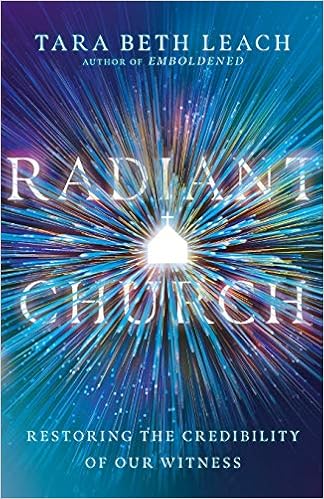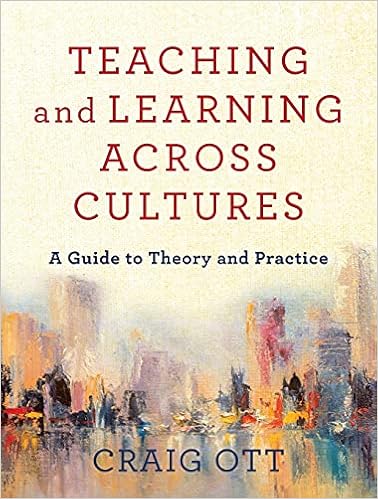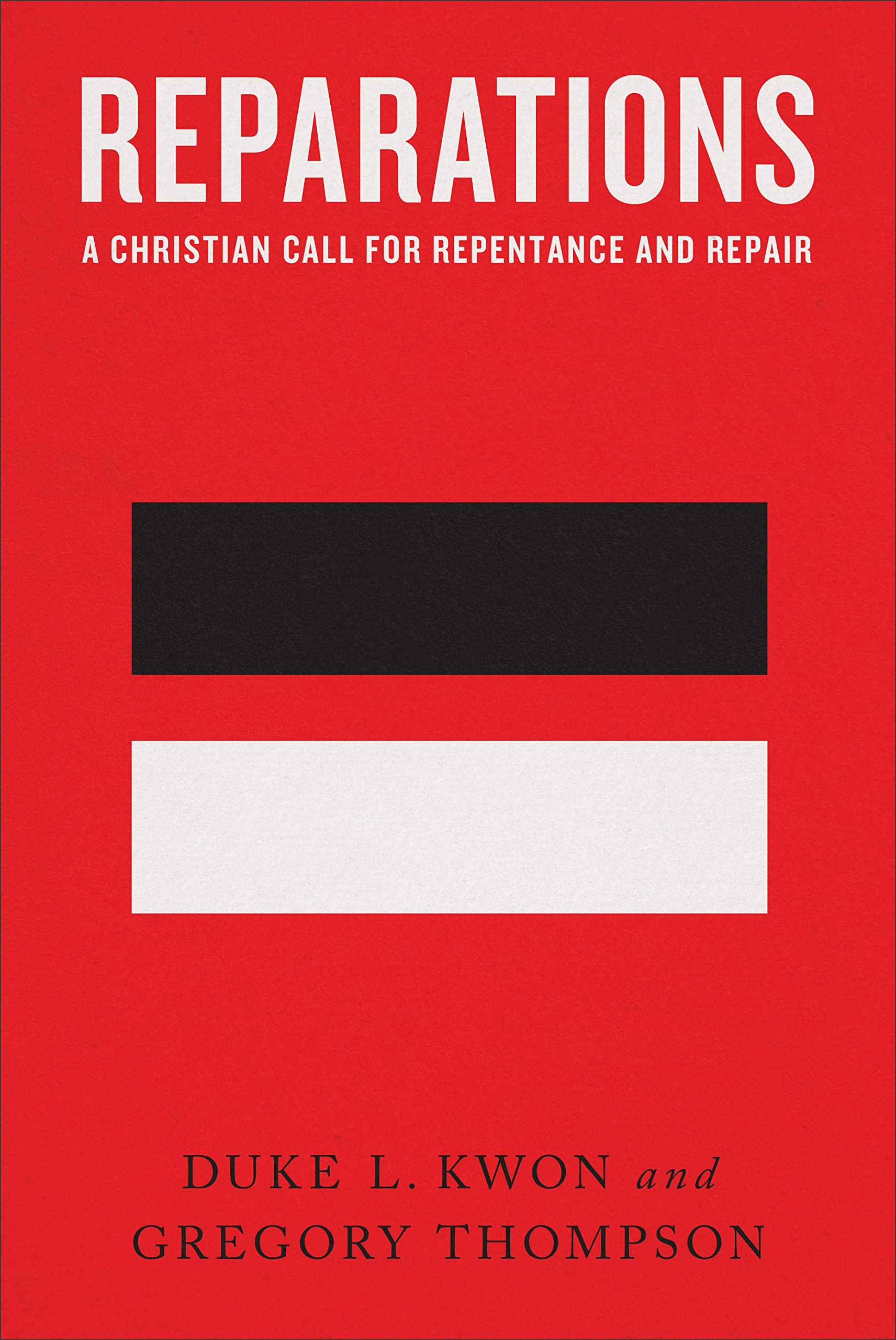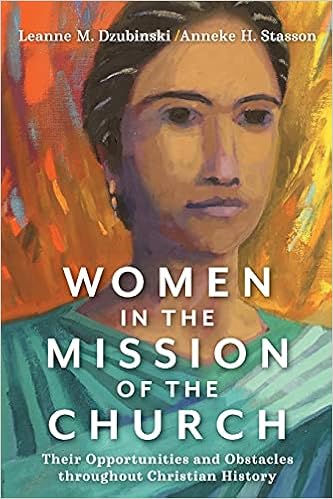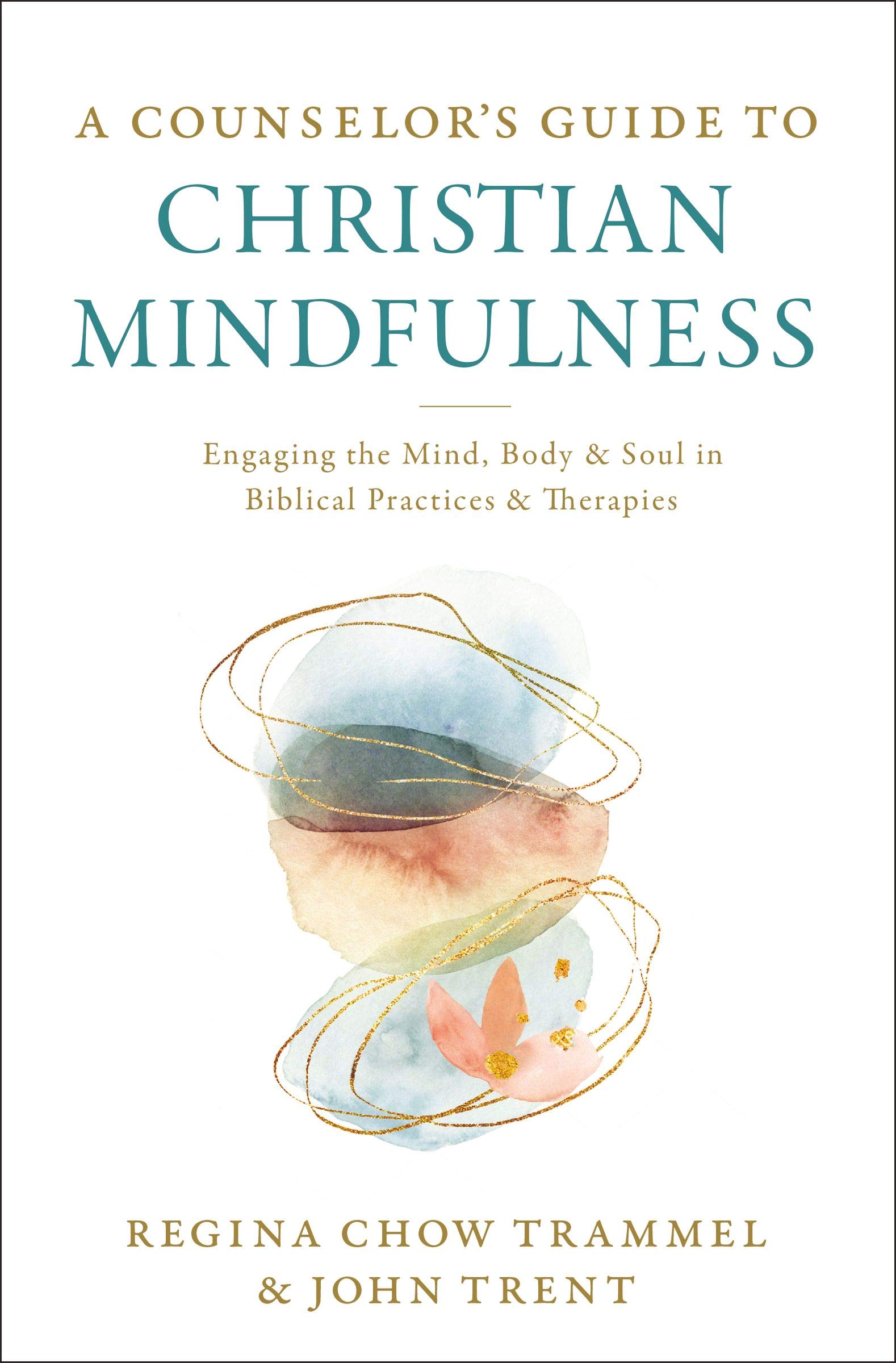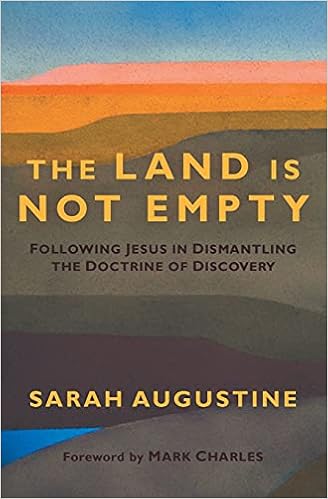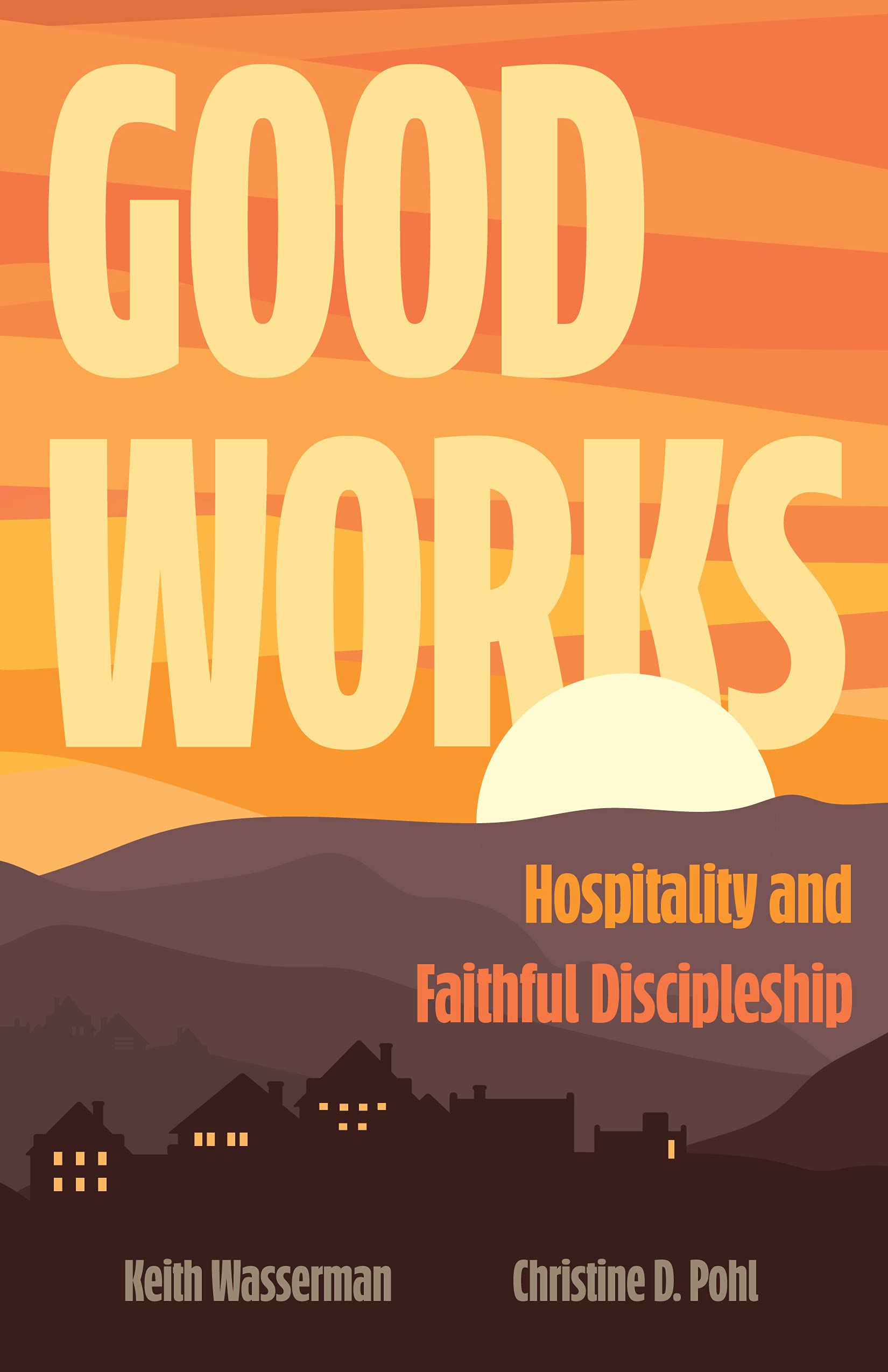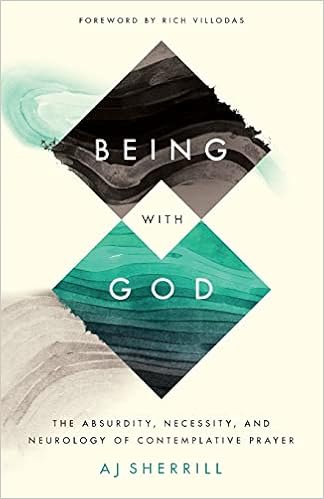The Outreach Resources of the Year presents some of the best books from the past year—from evangelism to social justice, spiritual growth to counseling, biblical studies to apologetics. Here are this year’s selections along with comments from our distinguished panelists who evaluated them.
“We-Based Evangelism”
How to Revive Evangelism: 7 Vital Shifts in How We Share Our Faith by Craig Springer (Zondervan) comes at a moment when there is both a crisis of cultural viability in the message of the gospel and one of the greatest evangelistic opportunities in American history. Springer helps readers see seven important changes that need to happen in the nexus of this moment.
Most notable is his insight, powered by Barna Research, around the role of community and a reliance on the pure power of God through the gospel in assisting non-Christians in belonging before believing. This book demonstrates the importance of these shifts through real-life examples of transformed lives and transformed communities.
Springer provides a vision and strategies for a “we-based evangelism” relevant for the whole church, not just for “professional evangelists.” More importantly, How to Revive Evangelism points us back to the real bedrock of evangelism, the power of God for salvation through the person of Jesus. This Evangelism resource of the year is recommended highly to all who want to step into this historic moment of evangelistic crisis and opportunity.
“Focus on the Aesthetic”
Why God Makes Sense in a World That Doesn’t: The Beauty of Christian Theism by Gavin Ortlund (Baker Academic) turns away from focusing exclusively on Christianity’s truth claims to instead explore its beauty. In considering traditional apologetic questions relating to creation, meaning, morality and heaven, this Apologetics resource of the year’s focus on the aesthetic dimension of Christian answers offers church leaders tools to address a culture in search of transcendent meaning.
“A Necessary Primer”
A second Apologetics resource of the year, Urban Apologetics: Restoring Black Dignity With the Gospel edited by Eric Mason (Zondervan) explores the intellectual questions of the African American community that have often eluded—or been ignored by—traditional apologetics. A multiauthored volume, it represents a critical venture that takes seriously the diverse religious ideologies and tensions facing the Black church. For leaders who are ministering within a multiethnic or African American context, Urban Apologetics is a necessary primer.
“Centering Pastoral Work on the Gospel”
Gospel-Driven Ministry: An Introduction to the Calling and Work of a Pastor by Jared C. Wilson (Zondervan) shows how our passion for our Savior and the word of his truth will guide us in our preaching, worshiping (and planning of it), caring, leading and facing skirmishes.
Without scolding or throwing stones, Wilson writes with a heart and clarity that should move anyone connected with Christ. After revealing so many practical ways to live in Christ and his grace while you do church, his very candid chapter on the weekend, titled “Living,” is worth the read.
He writes, “The burden of pastoral ministry ought to drive us constantly into the position of re-centering on the gospel every day.” This Church resource of the year does that very well. I have served and led the church for 55 years so far, and I have never encountered such a practical, not theoretical, book that I would rather live by or give to a pastor or candidate. It is rich, realistic and very motivating.
“Love Instead of Legalism”
Think about what the local church would be like if we all lived in the manner of Jesus Christ whose Spirit lives in us—and you will understand the shining appeal of love and grace from this pastor-writer, in some of the kindest and most careful writing you could encounter.
A second Church resource of the year, Radiant Church: Restoring the Credibility of Our Witness by Tara Beth Leach (IVP), describes the radiance of our Lord Jesus himself in two chapters, then gives the parallel view of the church if we were to live and love his way, instead of living by our own rules and interpretations. Our witness, methods of evangelism and general daily practices are defined in very practical ways.
Love instead of legalism, action to serve instead of skipping the outsiders, caring instead of criticizing—these are the challenges given in a kind way for the church to move toward Christ and his Spirit and manners, rather than our easier and more selfish habits.
That would be radiant indeed.
“A Theological/Biblical Look at Leadership”
Timothy Gombis’ Power in Weakness: Paul’s Transformed Vision for Ministry (Eerdmans) offers an insightful, theologically robust and pastorally focused look at leadership through the lens of the apostle Paul’s theology of the cross. Gombis brilliantly curated an insightful and timely resource that may well disturb and renew our leadership and pastoral imaginations for decades to come.
Using prescient theological and exegetical skills, Gombis mines the life of Paul to craft a vision of leadership that is centered on Christ’s death, not on the success-obsessed models prominent today. I wish every pastor could read this Leadership resource of the year and breathe in the fresh air of renewal that it offers. A very important book for our time.
“Helps Announce the Gospel”
Teaching and Learning Across Cultures: A Guide to Theory and Practice by Craig Ott (Baker Academic) offers hope to local congregations immersed in the complexities of our cross-cultural world. Ott shows how churches can effectively communicate the Christian faith in dynamic ways where they live and work. From traditional methods such as stories, songs and proverbs to navigating cultural differences, this book provides strategies to bridge the cultural differences among North American churches. This Cross-Cultural and Missional resource of the year helps to announce the gospel in a compelling way amid a harshly divided Western society splintered into ideological and cultural factions.
“An Invitation to the Church”
Pitched to the American context and through historical, theological, economic, cultural and ethical reflection, Reparations: A Christian Call for Repentance and Repair by Duke L. Kwon and Gregory Thompson (Brazos Press) makes the case for reparations, repentance and repair in response to grace and as a tangible expression of it. With this in mind, the confidence and competence by which the authors present their argument should not be viewed as an attempt to impose conclusions upon others. Rather the book, in whole, is an invitation to Christ followers and, collectively, to the church to grapple with hard truths and complex realities that are all too often and easily ignored.
Those taking up the challenge, then, will need to set aside preconceived notions, engage collaboratively in conversation, and seek common ground in order to pursue and create a future free from the perpetuation of harm and hurt, a future filled with healing and hope. This Social Issues and Justice resource of the year is essential reading.
“A Comprehensive Look at Social Justice”
Confronting Injustice Without Compromising Truth: 12 Questions Christians Should Ask About Social Justice by Thaddeus J. Williams (Zondervan Academic) is a comprehensive work that will be helpful for individuals and particularly church leadership teams that have either a) dismissed and/or b) only recently began wrestling with what social justice is. While many are quick to share thoughts, opinions and answers, Williams provides 12 good questions for us to address, providing content and discussion around related topics.
The whole of this second Social Issues and Justice resource of the year is geared toward helping Christians and churches truly execute justice as opposed to pursuing well-meaning but otherwise misinformed or misguided efforts of their own making.
“Brings to Life the Unknown”
Women in the Mission of the Church: Their Opportunities and Obstacles Throughout Christian History by Leanne M. Dzubinski and Anneke H. Stasson (Baker Academic) is a comprehensive and accessible guide to the names and stories of women in the history of the church who have, sadly, been too often ignored. The authors bring to life the unknown and remind us of those who deserve being remembered. One cannot read this Theology and Biblical Studies resource of the year without both learning and regretting the blanket of silence over the achievements of so many.
“Hope in Hard Times”
Spiritual growth is both an inward and outward journey. For those on an inward journey, After Doubt: How to Question Your Faith Without Losing It by A.J. Swoboda (Brazos Press) traces a journey from unquestioned confidence about beliefs, through real life struggles over what and whom to believe. The Spiritual Growth resource of the year then explores the recovery of a stronger, focused faith that gives hope in hard times.
*Editor’s Note: A.J. Swoboda was not involved in judging this category.
“A Vision of the Sacred”
One of the great problems with Christian spirituality comes in the all-too-easy divorce between the spiritual and material. Maybe the reason we can worship God but forget to love others is because prior we’ve thought of God in purely ethereal or intangible ways.
In God of All Things: Rediscovering the Sacred in an Everyday World (Zondervan), Andrew Wilson effortlessly accomplishes what so many Christian books aspire to do—deepen our faith and spark our theological imaginations. He does this not by focusing on God or by spotlighting God’s creation, but by a deep and reasoned exploration of God through objects of creation.
This book resolves many of the tensions and insecurities of the human heart by systematically and deeply attaching us to things God has provided for us to know he is near. The Christian Living resource of the year stands out through beautiful writing and a tightly crafted and life-changing thesis. In an age filled with information, this book is sure to illuminate God’s presence in this world.
“Mindfulness for the Christian”
Since the early 1980s, mindfulness—a type of meditation in which you focus on being intensely aware of what you’re sensing and feeling in the moment—has mushroomed as a therapeutic strategy for managing stress, alleviating anxiety and promoting healing. A Counselor’s Guide to Christian Mindfulness: Engaging the Mind, Body and Soul in Biblical Practices and Therapies by Regina Chow Trammel and John Trent (Zondervan) leans into this therapeutic technique and demonstrates how Christians can use mindfulness to turn their attention wholly to God.
Blending elements from neuroscience, social science and theology, this book offers skills, contemplation exercises and even dialogue scripts to weave Christian mindfulness into counseling work. The Counseling and Relationships resource of the year is sure to be a classic for all practitioners dedicated to effective therapeutic healing and God-honoring faith.
“Outlines the Goodness of God”
Anxious for Nothing (Young Readers Edition): Living Above Anxiety and Loneliness by Max Lucado with Andrea Lucado (Thomas Nelson) does a great job outlining the goodness of God, showing how to ask him for help, talking about ways to look on the bright side of things and shaping our thoughts. This book walks through biblical answers and addresses what students might be wrestling with.
Creative diagrams bring home points as well as display biblical truths. At the end of each section are “Brain & Heart Checks” to engage readers on what they have learned and to offer points to think about as they move forward. The Kids and Youth resource of the year is recommended for youth in today’s culture.
ALSO RECOMMENDED
APOLOGETICS
How Do We Talk With Skeptics? by Sam Chan (Lexham Press) is excellent at reconsidering the “how” of apologetics within our skeptical culture.
Why Believe: Christian Apologetics for a Skeptical Age by Tawa J. Anderson (B&H Academic) offers a new exploration of traditional apologetic questions.
CHURCH
Preaching to People in Pain: How Suffering Can Shape Your Sermons and Connect with Your Congregation by Matthew D. Kim (Baker Academic) gives a realistic call to preach out of pain and to be aware that your listeners all have their own.
Preaching Hope in Darkness: Help for Pastors in Addressing Suicide from the Pulpit by Scott M. Gibson and Karen Mason (Lexham Press) is not only excellent guidance to help pastors, but also families and anyone grappling with darkness and pain in this cruel world.
LEADERSHIP
Tempered Resilience: How Leaders Are Formed in the Crucible of Change by Tod Bolsinger (IVP) shows his wisdom in helping leaders consider the challenges and promises of leading in our time.
Lead Like it Matters to God: Values-Driven Leadership in a Success-Driven World by Richard Stearns (IVP) offers a helpful set of principles and ideas that could very well shape the work of leaders in the 21st century.
CROSS-CULTURAL AND MISSIONAL
Migration and the Making of Global Christianity by Jehu J. Hanciles (Eerdmans) paints a comprehensive panorama of 1,500 years of Christian history focusing on the missionary role of migrants in the expansion of the faith that brings an understanding of its worldwide spread and the social dynamics of the past and contemporary global situation.
SOCIAL ISSUES AND JUSTICE
The Land Is Not Empty: Following Jesus in Dismantling the Doctrine of Discovery by Sarah Augustine (Herald Press) boldly calls for action through a compelling work of personal, historical, biblical and social reflection.
Embracing the New Samaria: Opening Our Eyes to Our Multiethnic Future by Alejandro Mandes (NavPress) roots the important topic of multiethnicity in a lifetime of the author’s personal dedication, pastoral experience, faithful persistence and proven results.
THEOLOGY AND BIBLICAL STUDIES
Bullies and Saints: An Honest Look at the Good and Evil of Christian History by John Dickson (Zondervan) tells the whole story of the church, the ups and downs, the good, bad and ugly, and does it in a way that encourages us all.
SPIRITUAL GROWTH
Good Works: Hospitality and Faithful Discipleship by Keith Wasserman and Christine D. Pohl (Eerdmans) goes beyond common notions of hospitality. The authors reveal the integrity, accountability and leadership required for radical outreach.
Being With God: The Absurdity, Necessity and Neurology of Contemplative Prayer by A.J. Sherrill (Brazos Press) shows the love found beyond all words and that cannot be contained by any forms.
CHRISTIAN LIVING
Abuelita Faith: What Women on the Margins Teach Us about Wisdom, Persistence and Strength by Kat Armas (Brazos Press) provides a compelling argument for the necessity of listening to women’s voices as well as opening a pathway into the many lessons of life, love and faith that come from the experience of women on the margins.
KIDS AND YOUTH
Near: Psalm 139 by Sally Lloyd-Jones and illustrated by Jago (Zonderkidz) teaches preschool or young children about God and his presence through this pertinent Psalm.
I Wonder: Exploring God’s Grand Story by Glenys Nellist and illustrated by Alessandra Fusi (Zonderkidz) gives younger readers an imaginative way to explore God’s Word and learn about some of the major stories in the Scriptures.
MEET THE PANELISTS
Evangelism
York Moore, national evangelist and executive director for catalytic partnerships for InterVarsity Christian Fellowship and co-founder of EveryCampus.
Apologetics
Andrew MacDonald, associate director of the Wheaton College Billy Graham Center Research Institute.
Church
Knute Larson, an Outreach magazine consulting editor, coach of pastors and churches, and director of Pastorpedia, a monthly video and blog for church leaders, accessible through outreachmagazine.com.
Leadership
A.J. Swoboda, assistant professor of theology, Bible and world Christianity at Bushnell University, and lead mentor for the doctor of ministry program at Fuller Theological Seminary on the Holy Spirit and leadership.
Cross-Cultural and Missional
Robert Gallagher, professor emeritus of intercultural studies at Wheaton College Graduate School and teaching pastor at Lombard Bible Church in Lombard, Illinois.
Social Issues and Justice
Mark DeYmaz, an Outreach contributing editor, directional leader of Mosaic Church of Central Arkansas and convener of the National Multiethnic Church Conference.
Theology and Biblical Studies
Scot McKnight, author or editor of some 60 books and the Julius R. Mantey Chair of New Testament at Northern Seminary in Lisle, Illinois.
Spiritual Growth
Thomas Bandy, director of Thriving Church Consulting and the author of more than 60 books and articles.
Christian Living
Ken Wytsma, the author of The Myth of Equality, Pursuing Justice, The Grand Paradox, Create vs. Copy, and co-author of Redeeming How We Talk.
Counseling and Relationships
Drs. Les and Leslie Parrott, founders of the marriage assessment SYMBIS.com and authors of Saving Your Marriage Before It Starts.
Kids and Youth
Russell St. Bernard, an Outreach magazine contributing editor; director of strategic ministry operations at Kingdom Fellowship AME Church in Silver Springs, Maryland; and founder of After the Music Stops, Ministry Pivot and The Pivot University.


